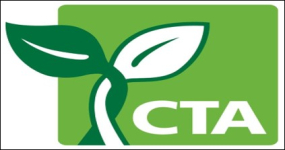ABOUT US




INTOMED develops novel, effective and sustainable tools based on (a) widely-assessed interactions between plants and soil-borne beneficial microbes and (b) natural key plant (metabolites and peptides) and RNA molecules to enhance the resistance of economically important Mediterranean crops, i.e. tomato, olive and citrus, to major agricultural arthropod pests and pathogens. Soil-borne beneficial microbes have long been recognized for their ability to improve plant growth and nutrition and prime the plant immune system against pathogens and herbivores in plants. We will assess the potential of selected marketed and laboratory-owned strains of beneficial microbes, including endophytes, for their ability to improve crop resistance to arthropods and pathogens and study the molecular mechanisms involved in promising microbe-plant-pest combinations with the aim to identify plant secondary metabolites and peptides that mediate enhanced resistance and technically support future commercial biocontrol products. INTOMED also exploits the development of a GMO-free and effective pest control tool i.e. exogenous delivery of RNA molecules having the potential to trigger RNA interference (RNAi) against targeted pathogens/pests in both vegetables and fruit trees. Pilot demonstration trials, targeting end-users (farmers, SMEs) will assess promising beneficial microbes and plant molecules. In addition, INTOMED will increase public awareness of the nature of the proposed tools and analyse the impact of their acceptance. Our consortium includes 9 academic and industrial partners from Greece, Spain, France, Morocco, Portugal and Tunisia.
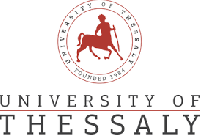




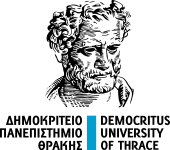

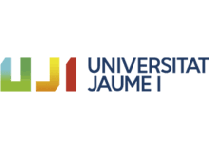
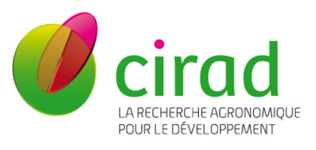
.jpg)
